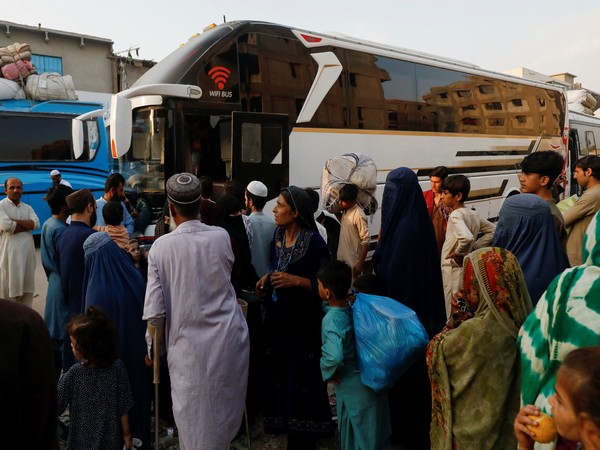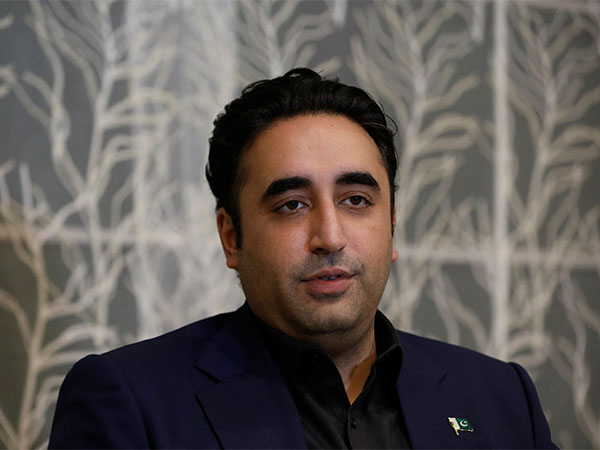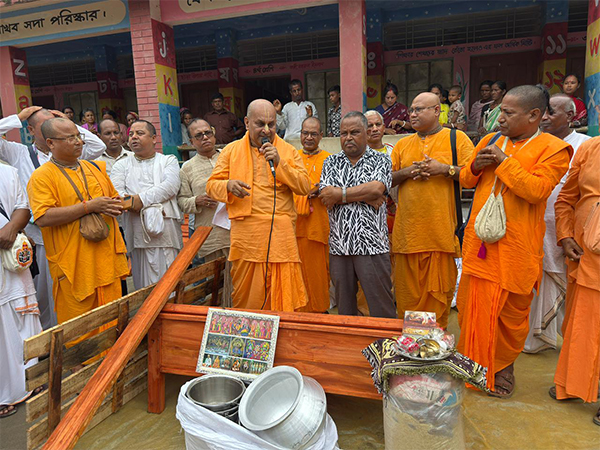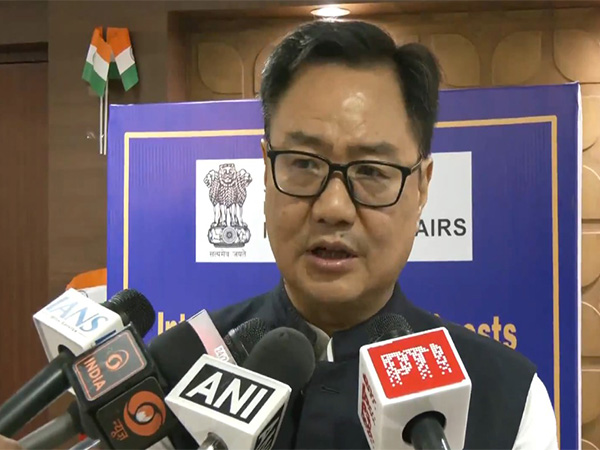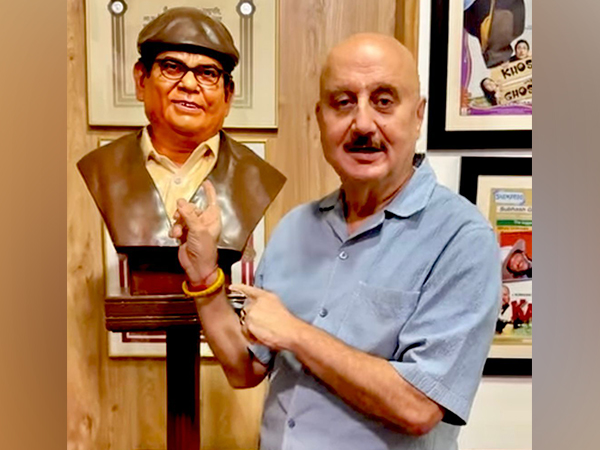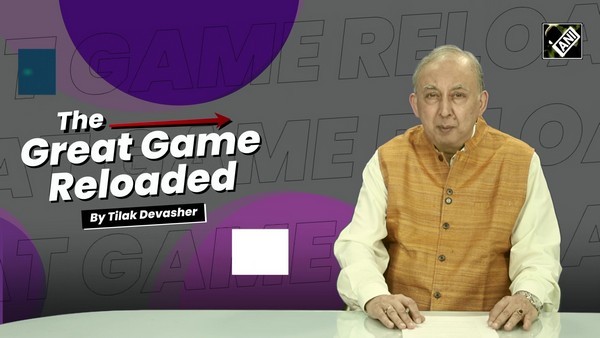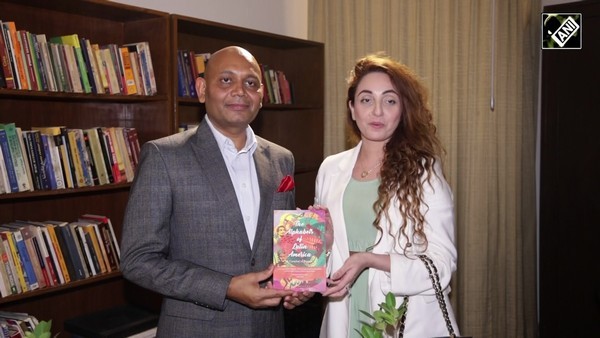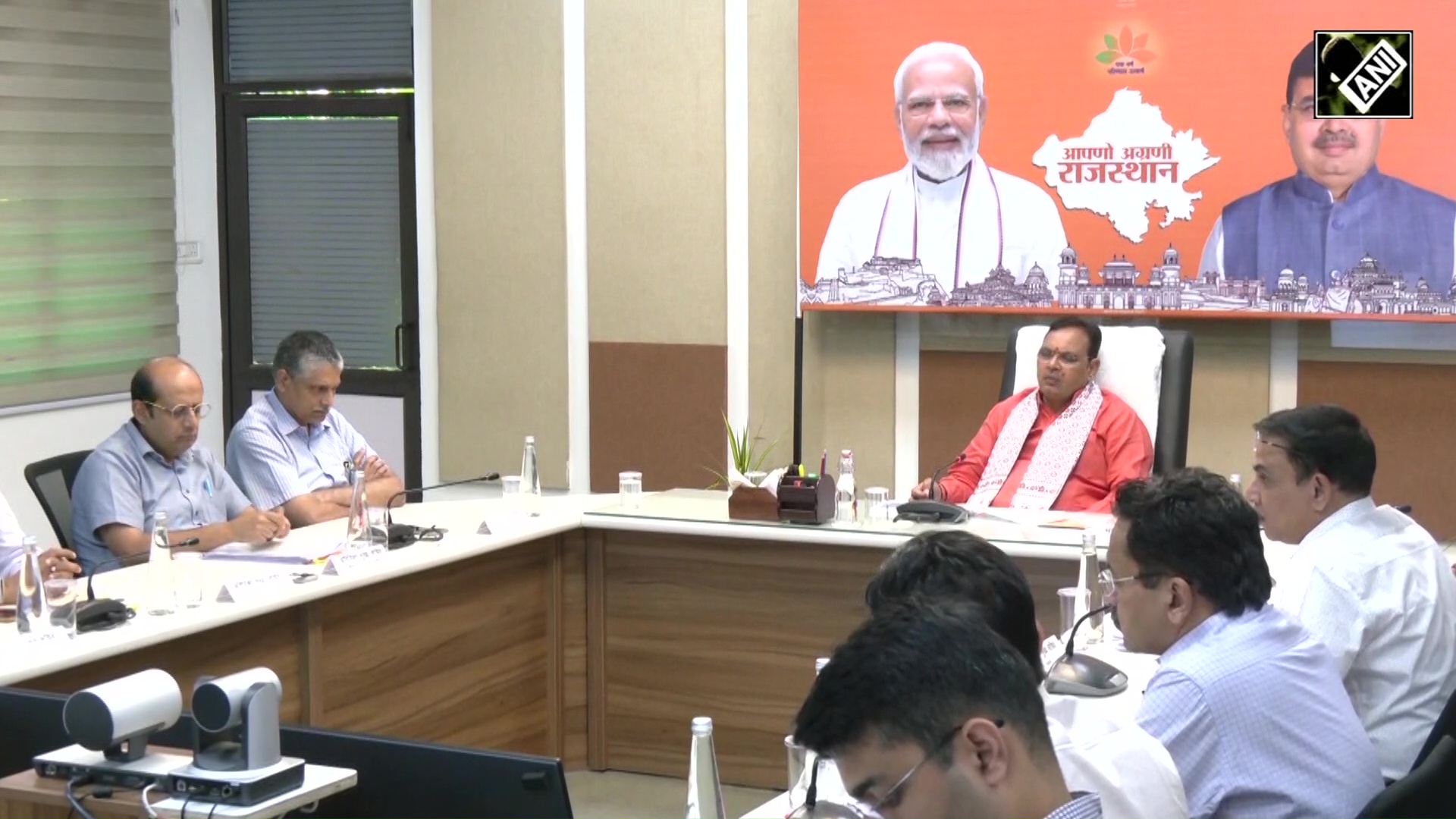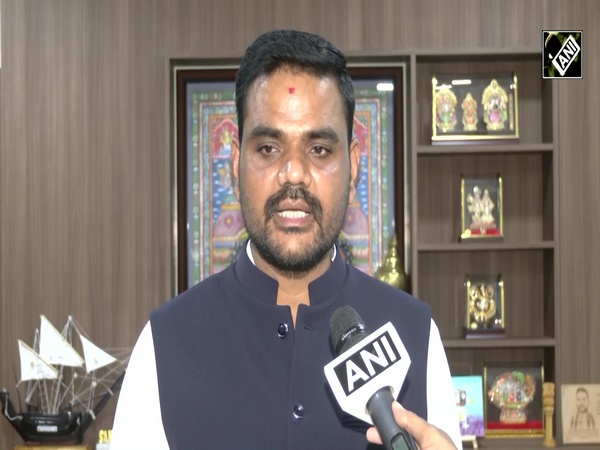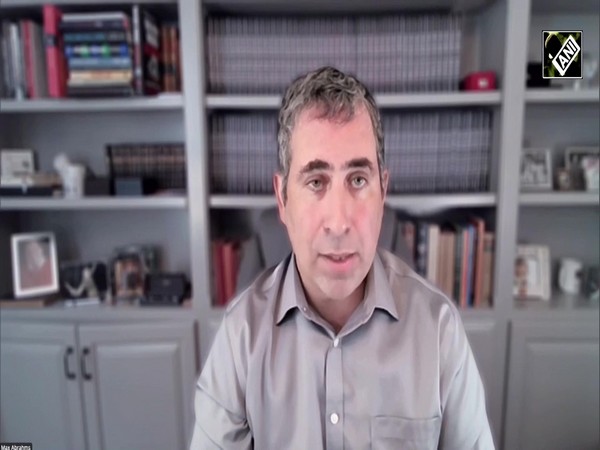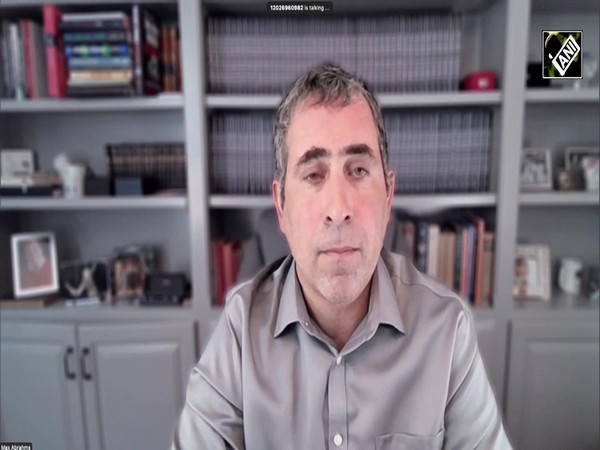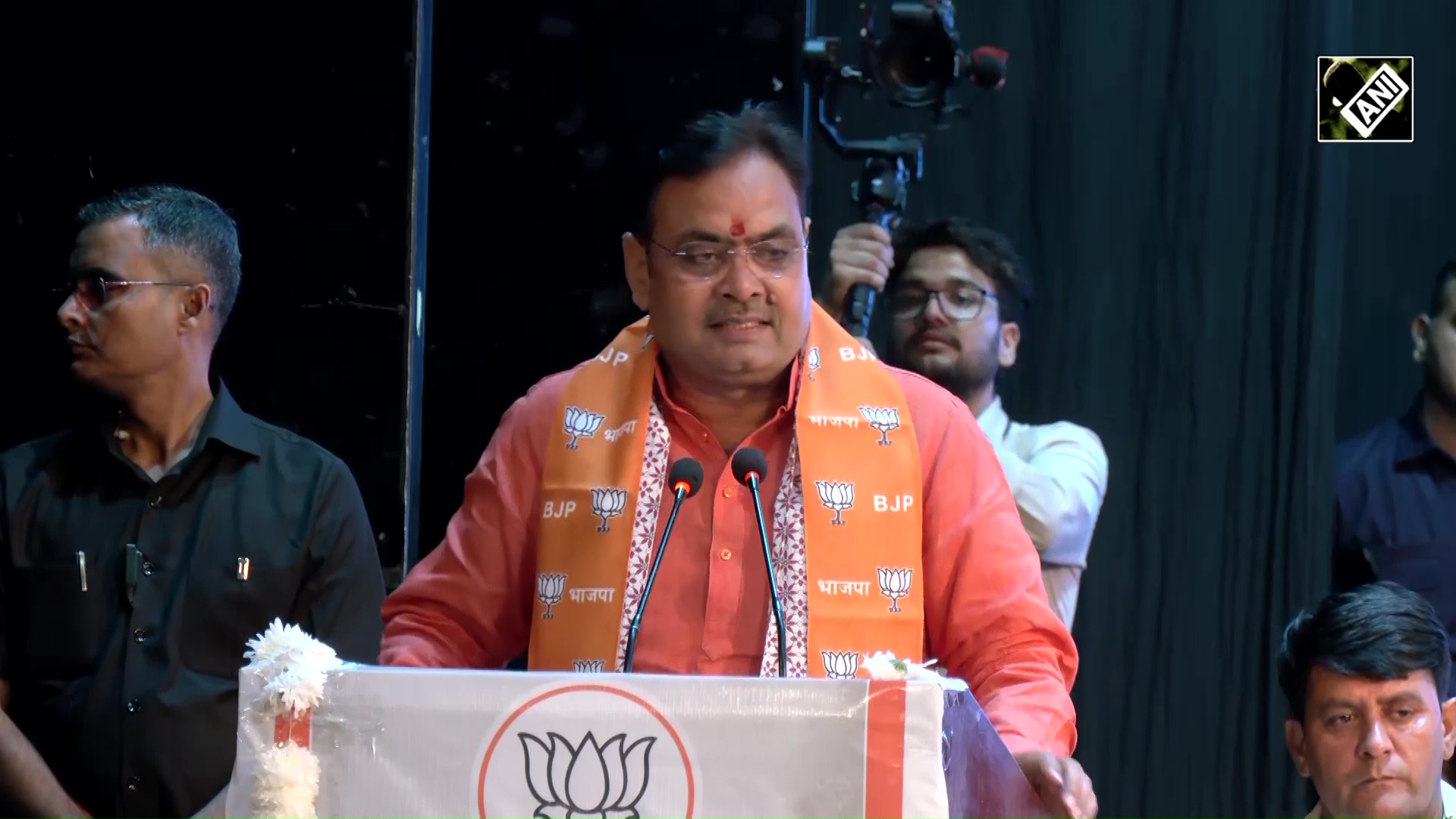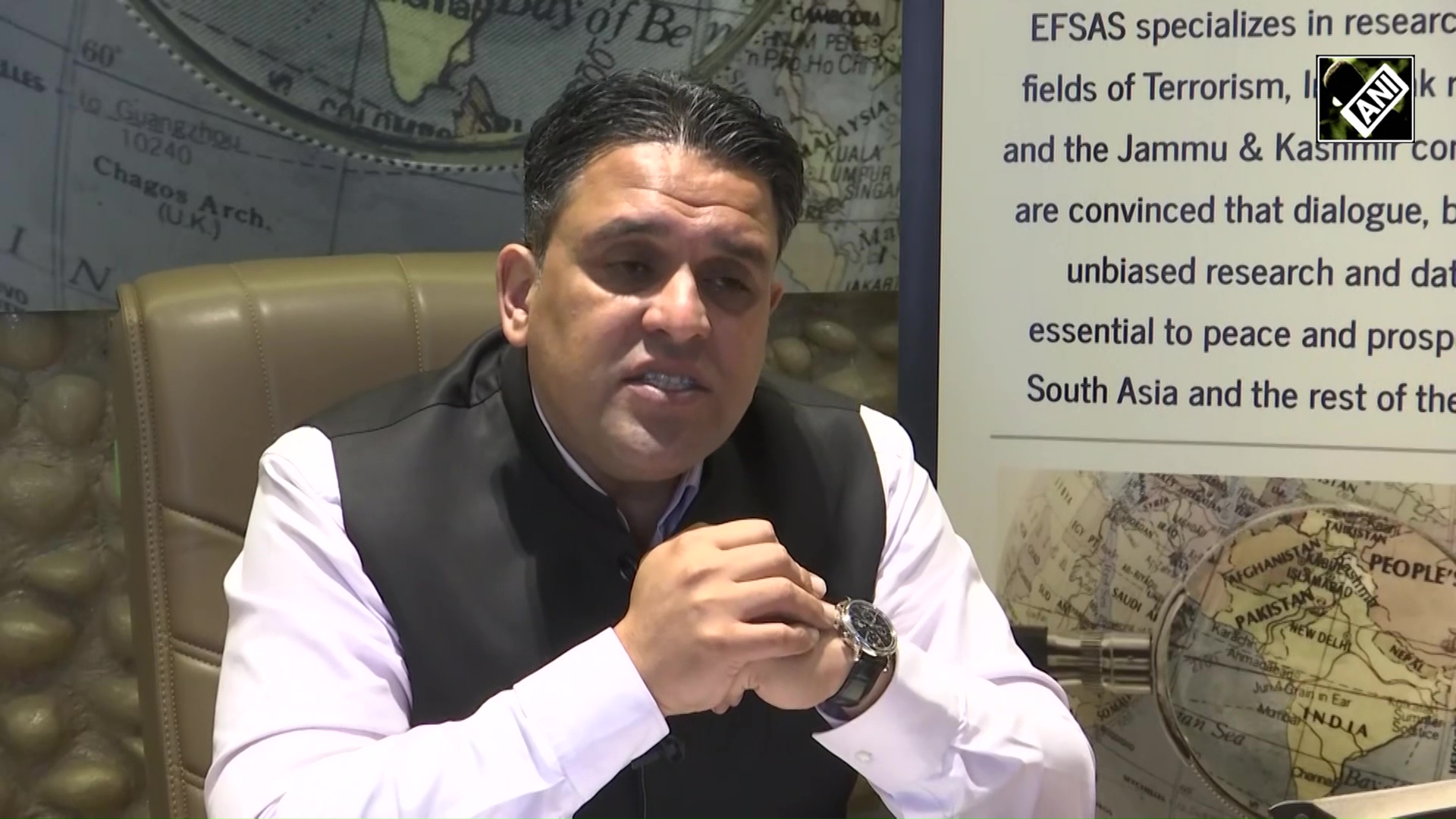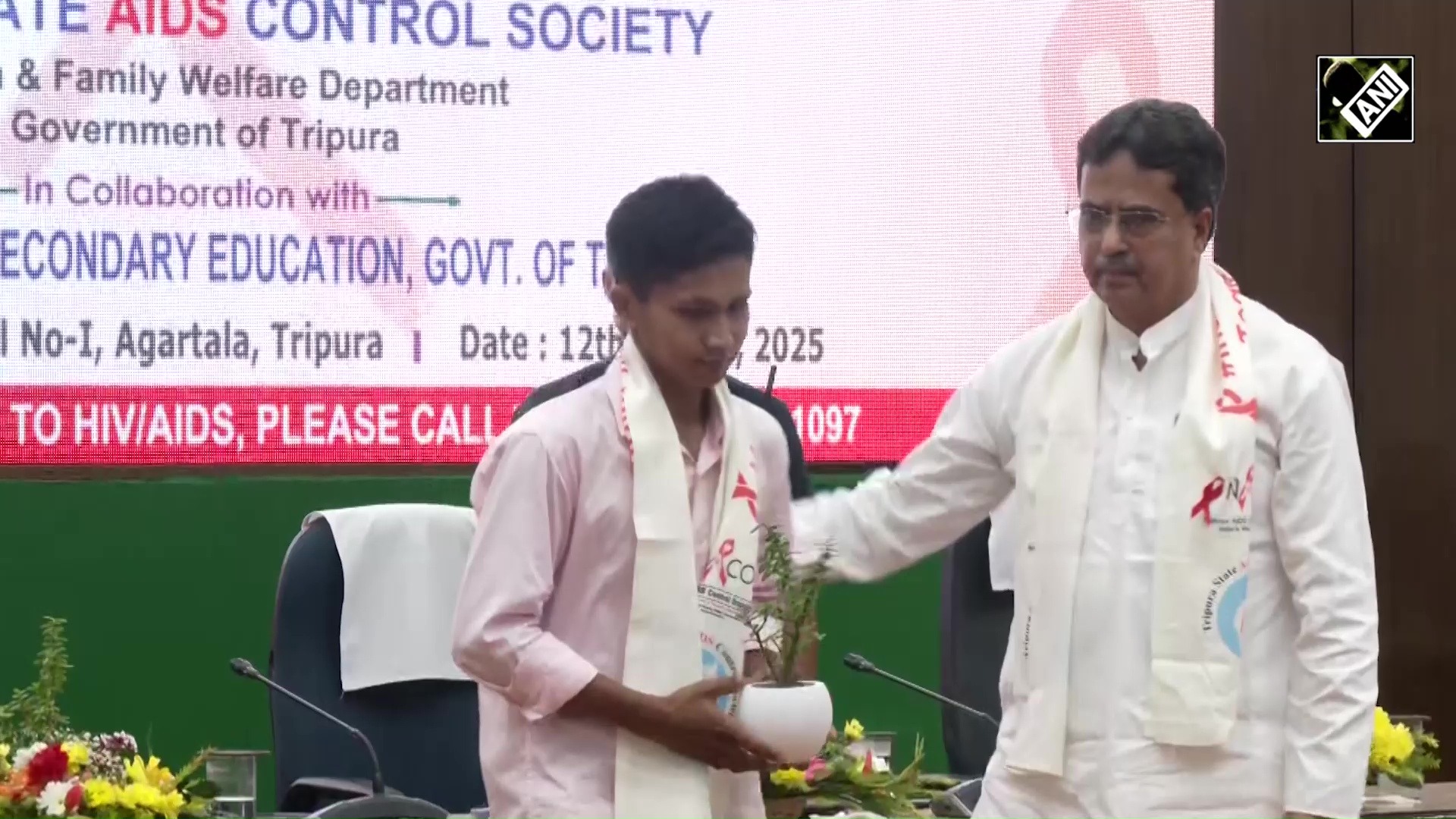India, Israel successfully transformed pandemic into opportunity to assist one another: Envoy Gilad Cohen
Jul 27, 2020

Tel Aviv [Israel], July 27 : India and Israel have successfully transformed the unprecedented global pandemic into an opportunity to assist one another and further enhance their relations, said Israel envoy for Asia-Pacific Gilad Cohen.
A delegation of Israel's ministries of foreign affairs and health has left for India to test the four coronavirus diagnosis solutions with All India Institute of Medical Sciences (AIIMS) in Delhi.
On July 24, the Israeli embassy in India said that Tel Aviv has decided to send India this week a team of scientists working to develop a rapid testing kit for coronavirus.
The Israeli team will work in AIIMS in Delhi. Testing of the first phase was already done in Israel and the last stage will now be carried out in India for the testing kit which can give results within a minute, according to a statement by the embassy.
In an opinion piece in the Times of Israel, Cohen writes that Israel went out of its way to approve the export and transfer of these ventilators to India, while both countries continue to fight against the spread of the virus.
"Israel's exceptional gesture today was a welcome "thank you" to India, which, just a few months ago, sent medicine and other essential diagnostic equipment in severe global shortage at the time to Israel," he says.
"In this way, Israel and India successfully transformed this unprecedented global pandemic into an opportunity to assist one another and further enhance their relations," he adds.
Cohen said that India has become one of Israel's significant friendships in the Asian region. The scope of mutual trade between the two countries has grown from approximately 200 million USD in 1992 to some four billion USD in 2018.
Reminiscing Israeli Prime Minister Benjamin Netanyahu's 2018 visit to India, the diplomat said hundreds of farmers rushed to meet Prime Minister Narendra Modi and Netanyahu in Gujarat and share their personal stories.
"In his last visit to India in January 2018, Prime Minister Netanyahu escorted Prime Minister Narendra Modi to his home state of Gujarat. In an exceptionally moving moment, hundreds of farmers rushed to meet them and share their personal stories. One after another, they told of how their fields' crop yields had improved by hundreds of percent following their training at Israel's Excellence Centers," he says.
Relations between Israel and India clearly do not just exist between governments, but also between societies, opines Cohen.
"The Israel-India relationship has permeated all elements of Indian society, including that of the 650-million Indian citizens who make a living from agriculture, and who represent half of the workforce in India," he writes.
"Under the leadership of Narendra Modi, India is assuming its role as a regional and world power, and our diplomacy has succeeded in showing India the many advantages that can come from strengthening its ties with Israel," he adds.
